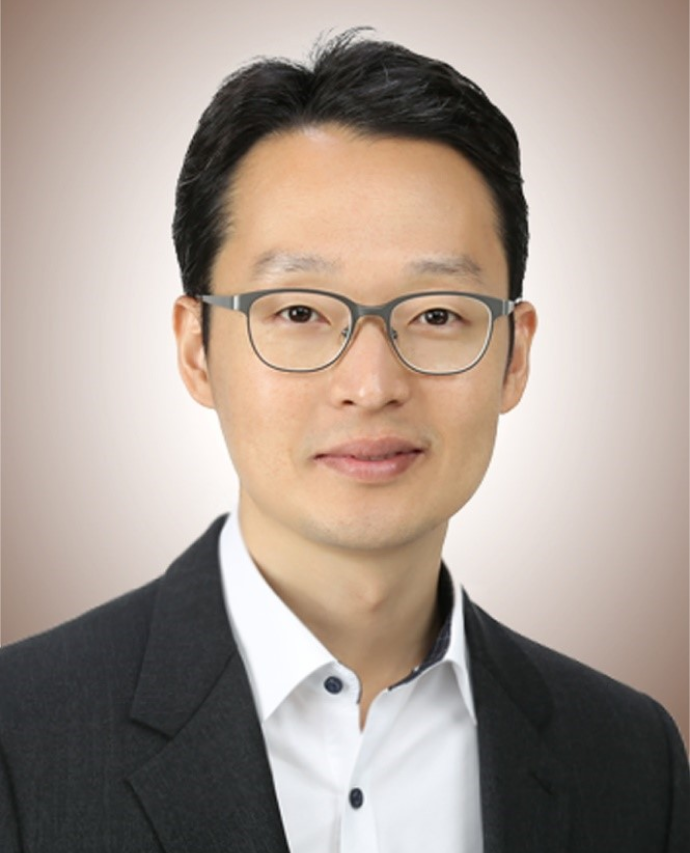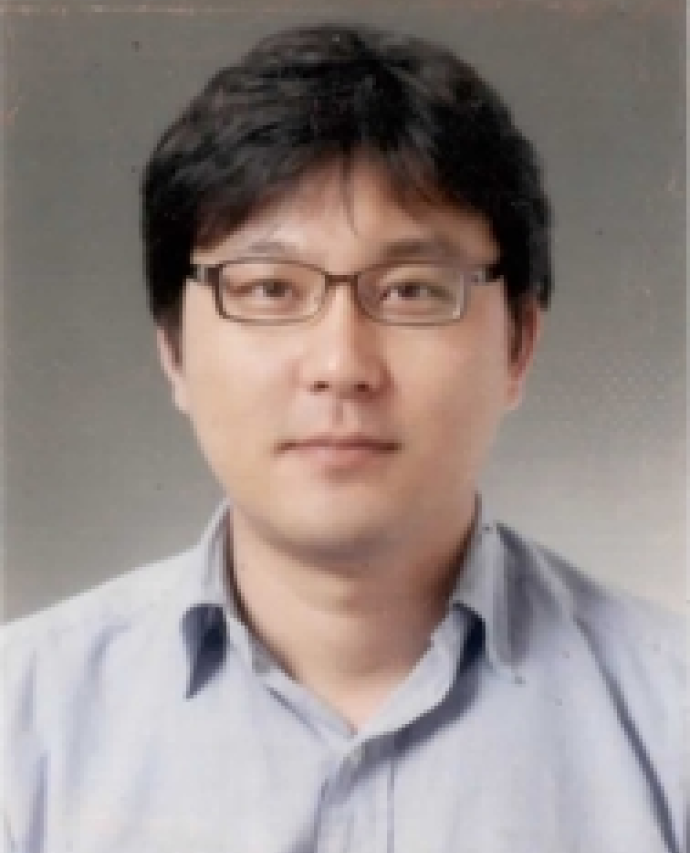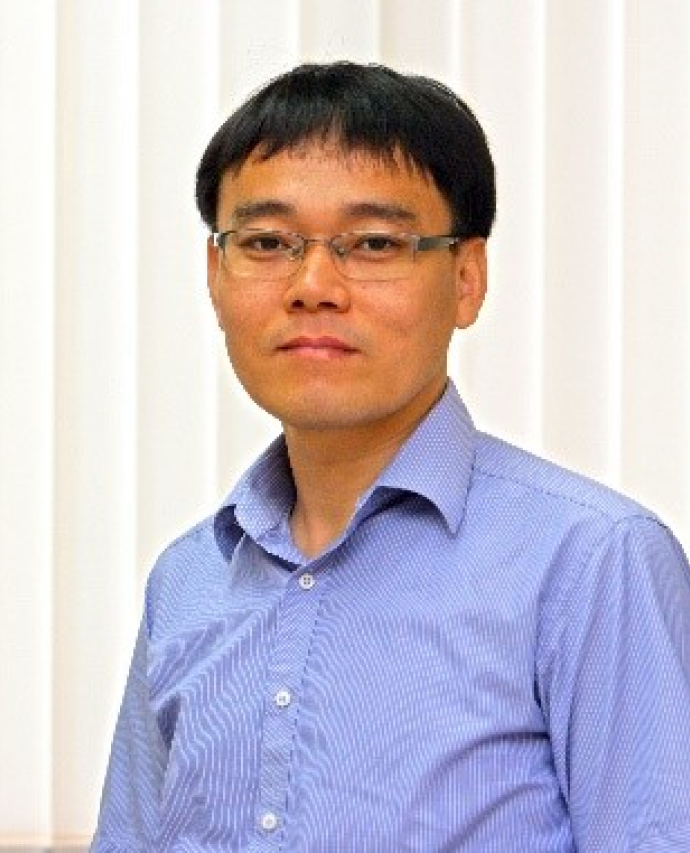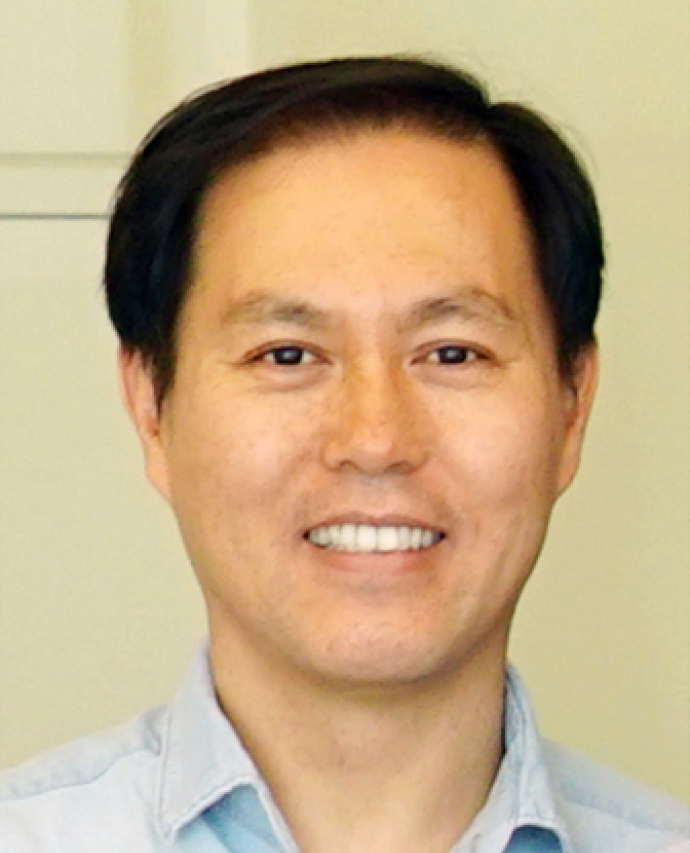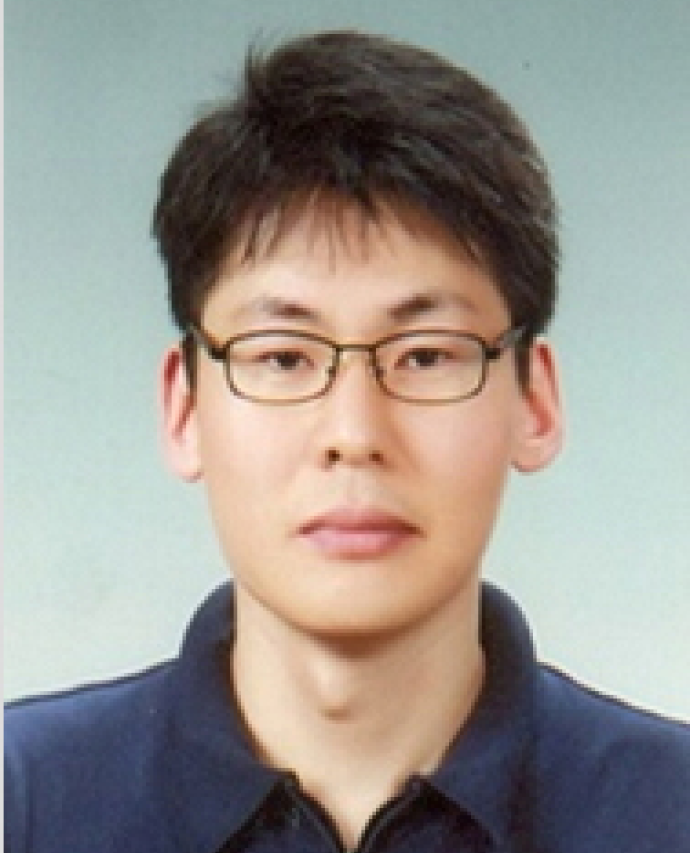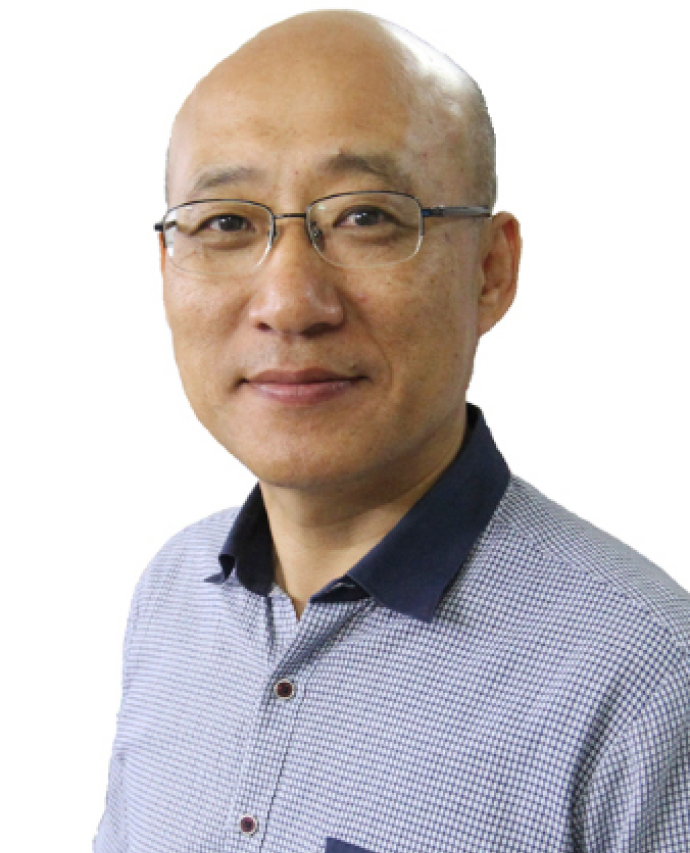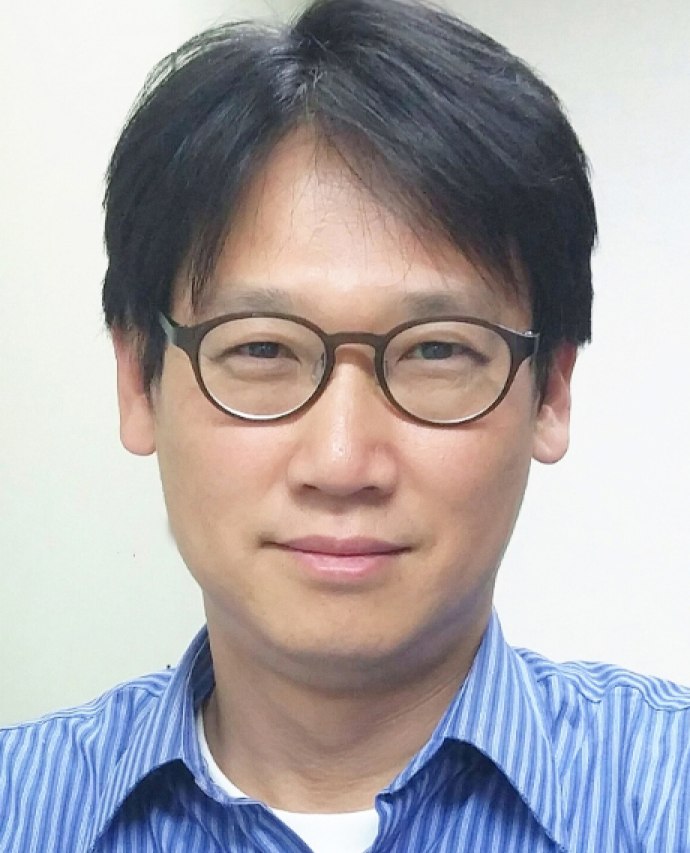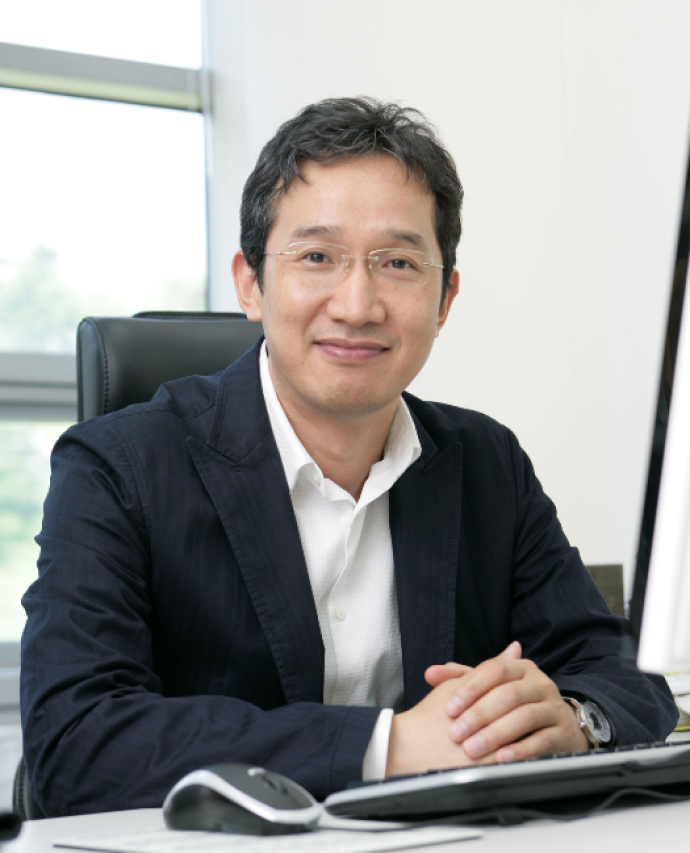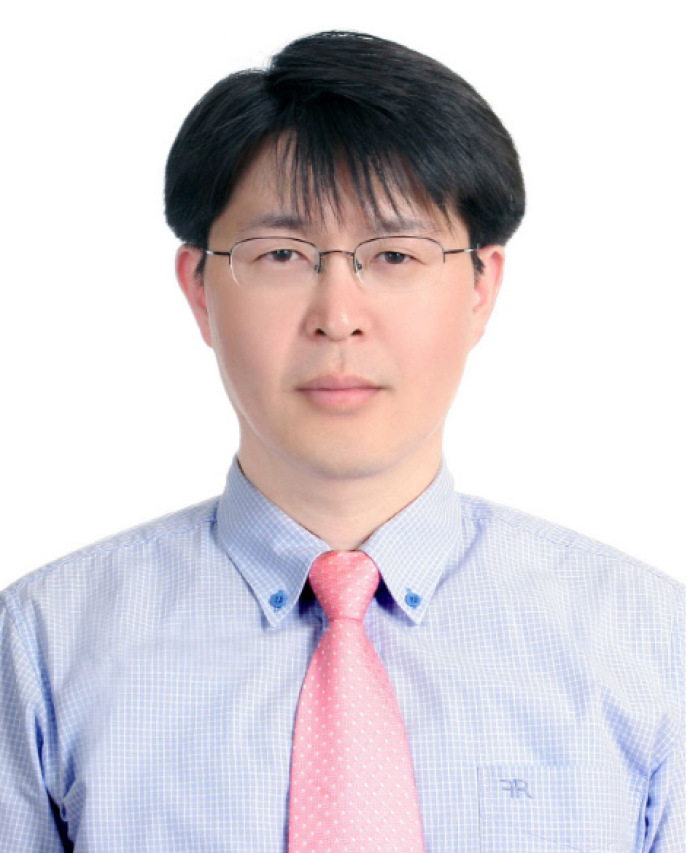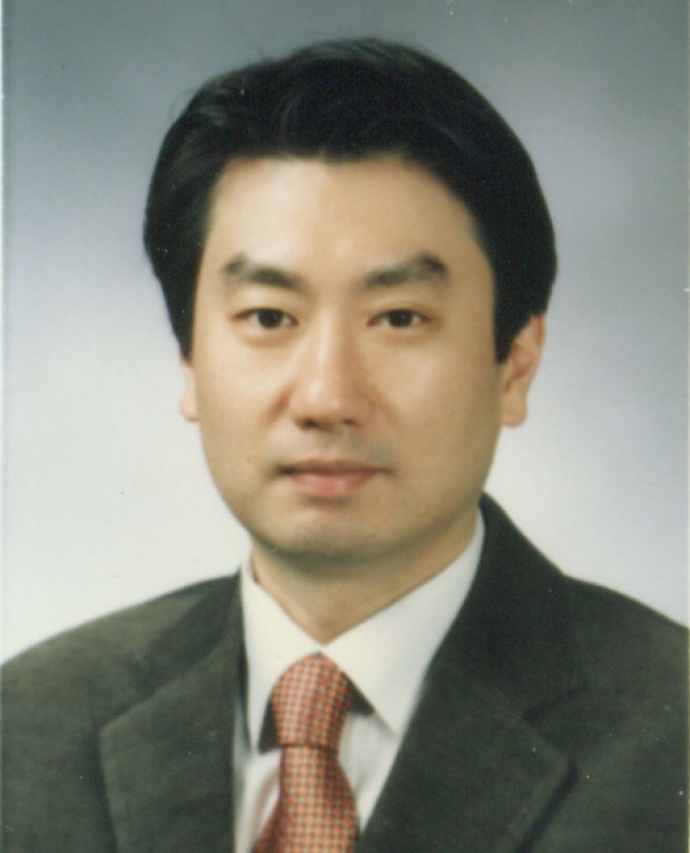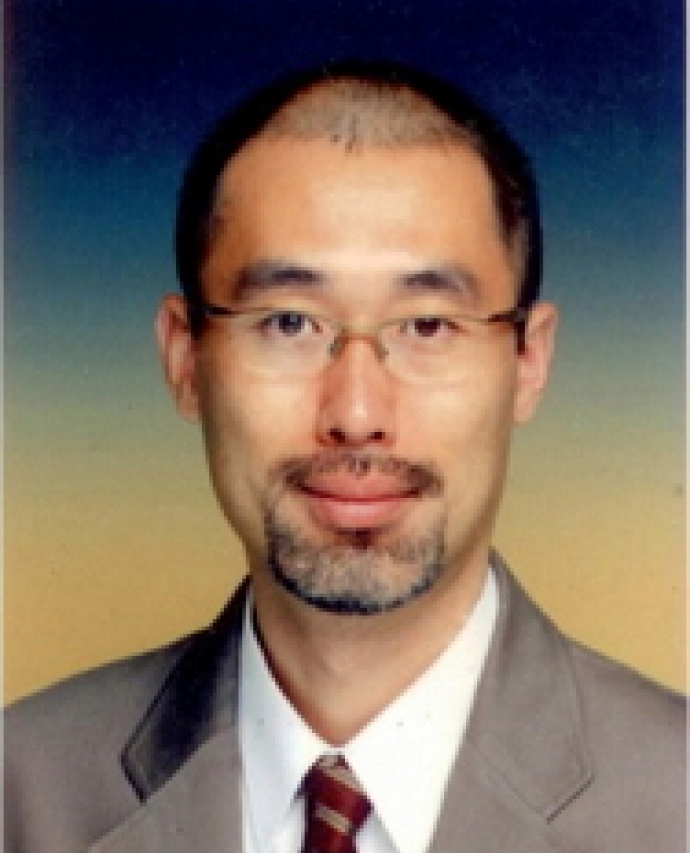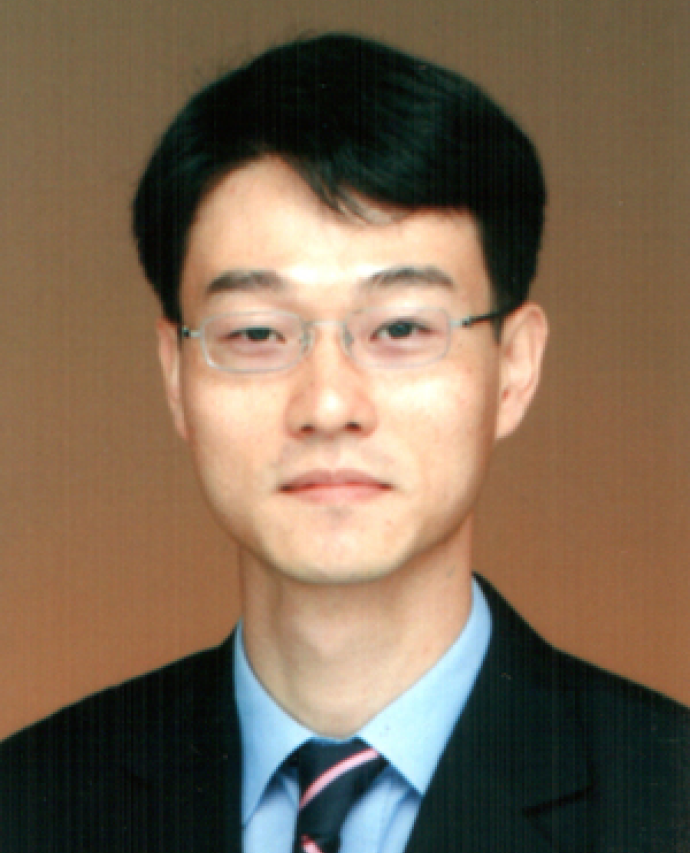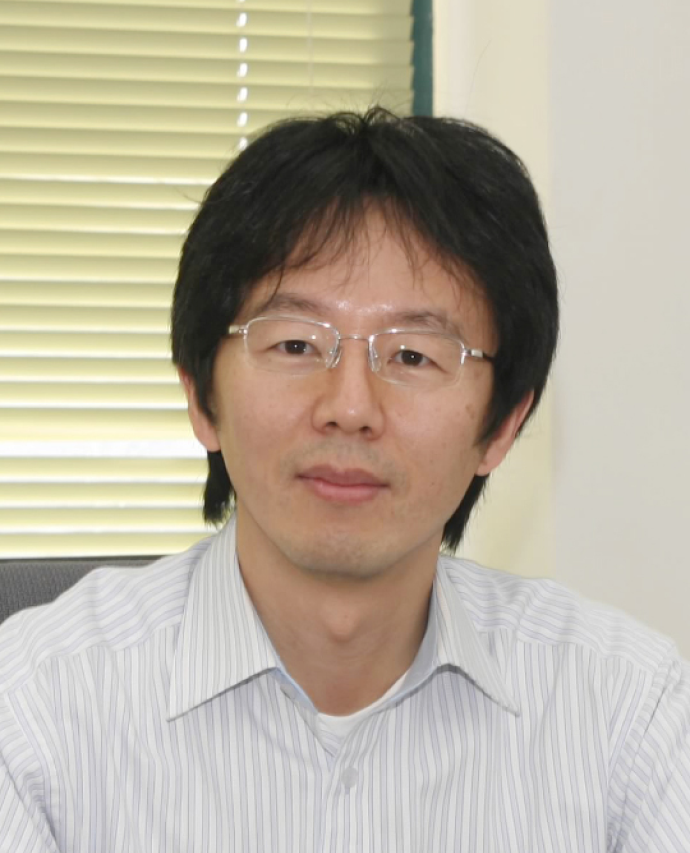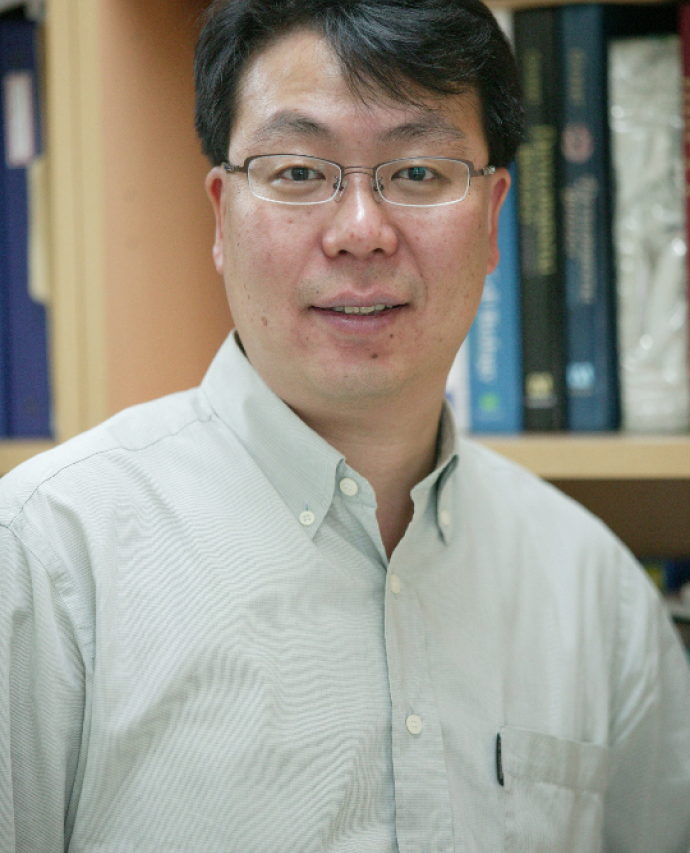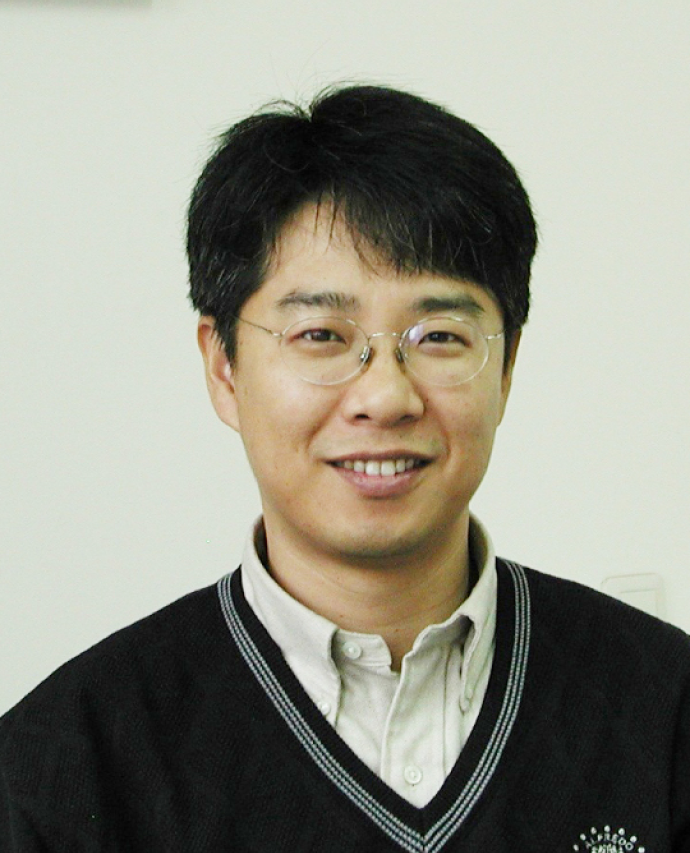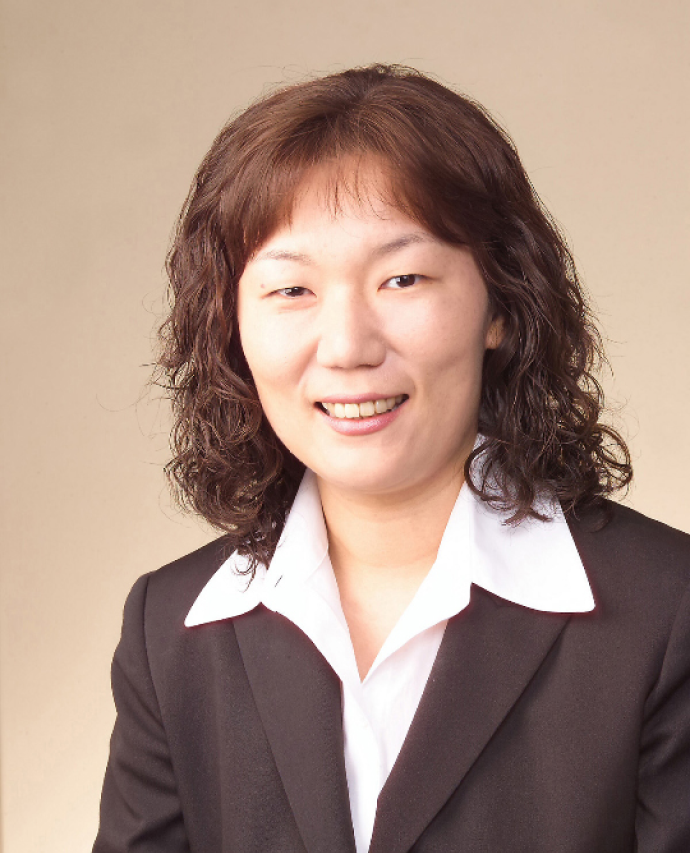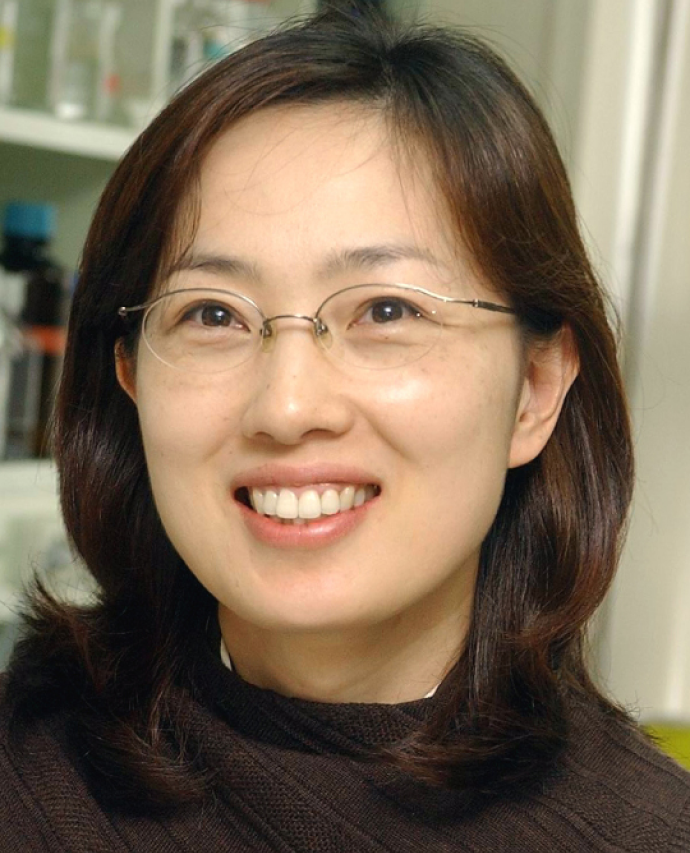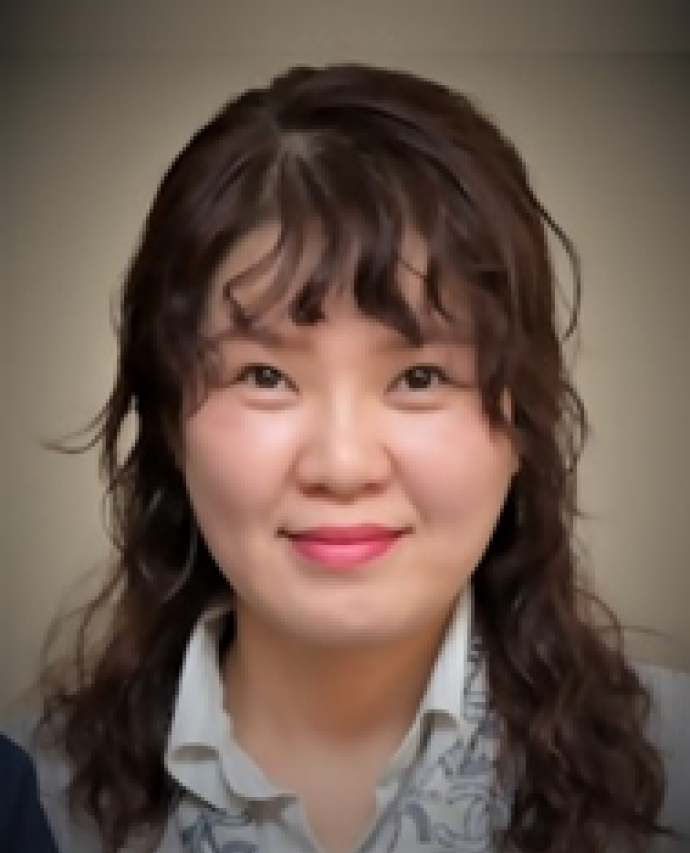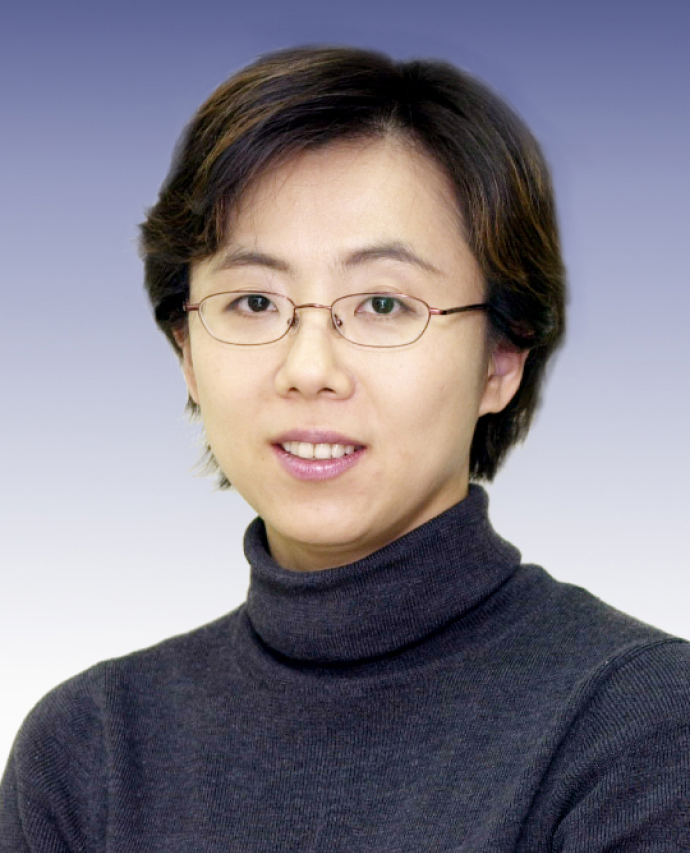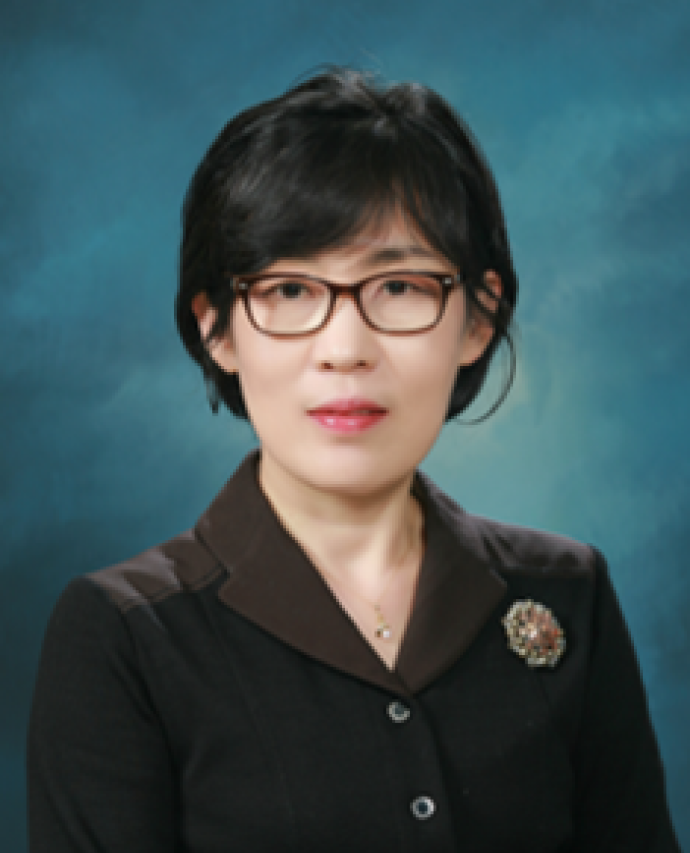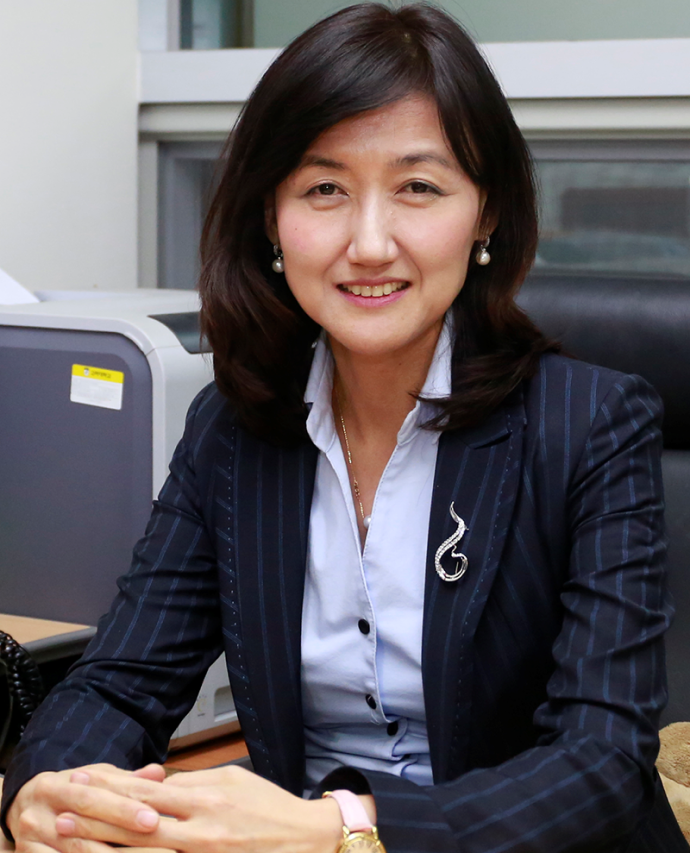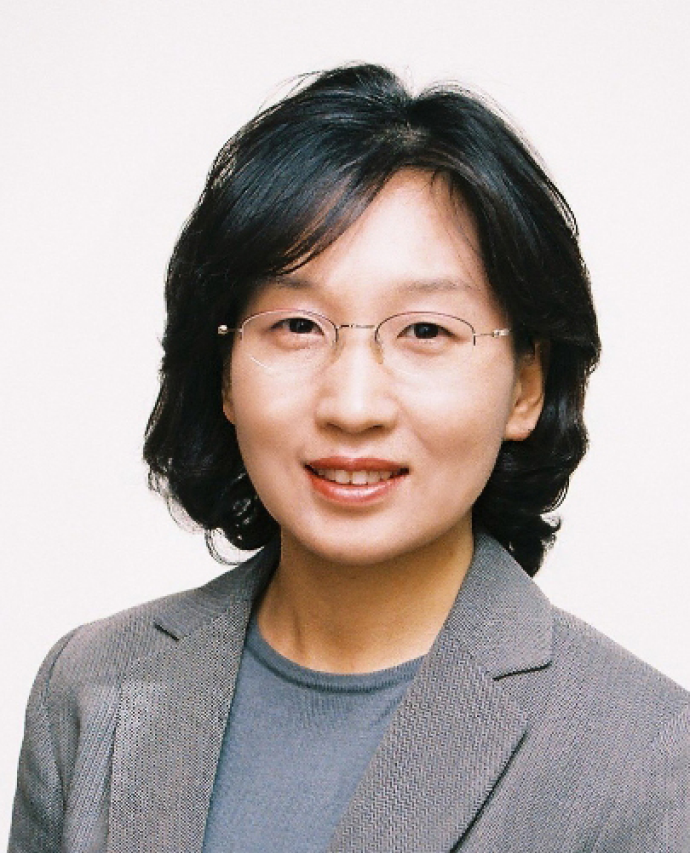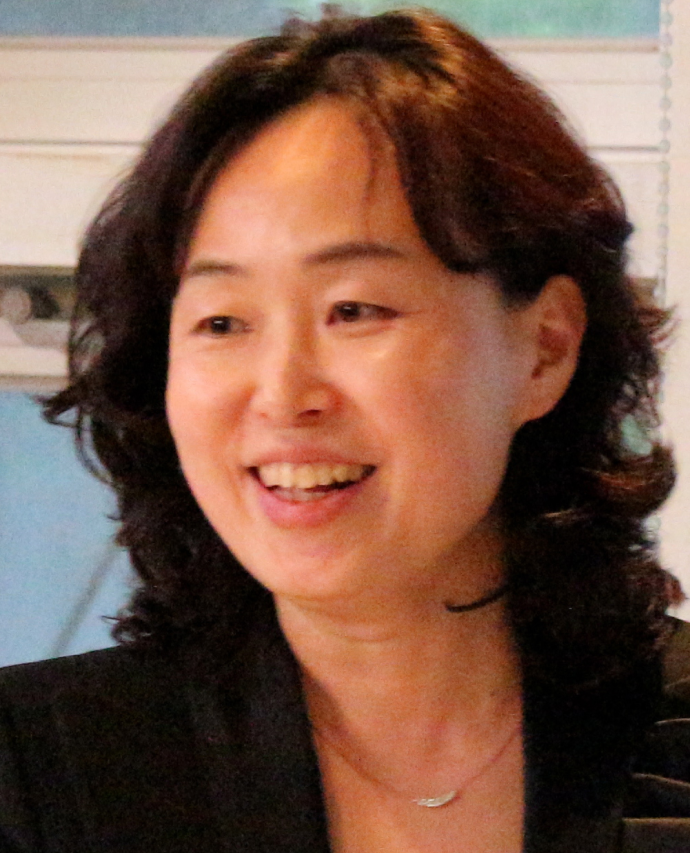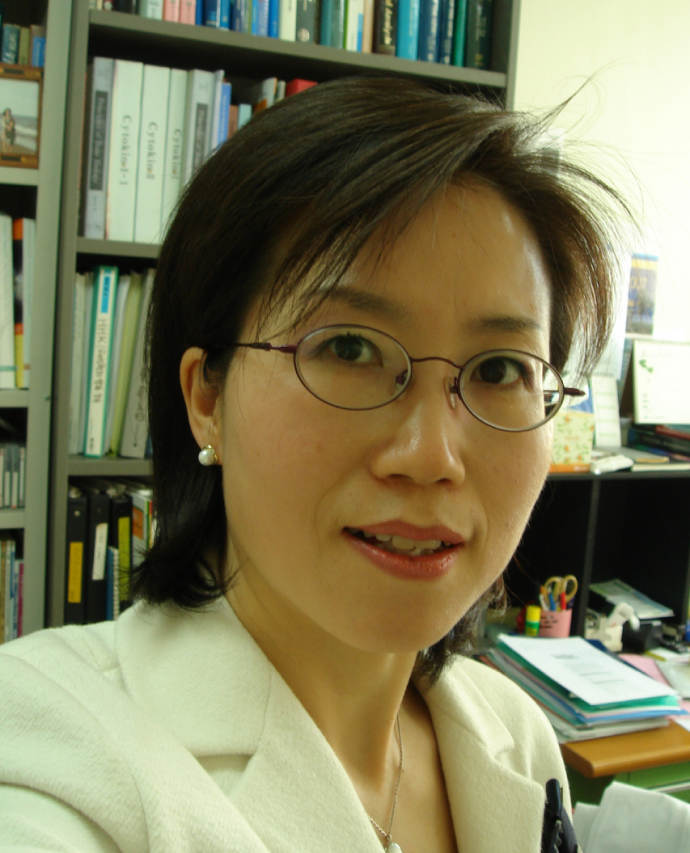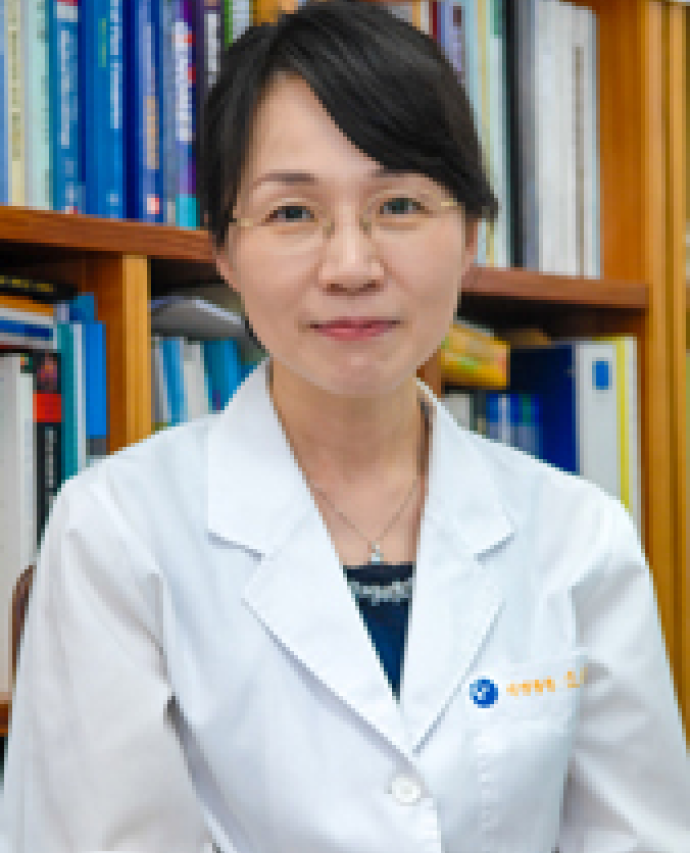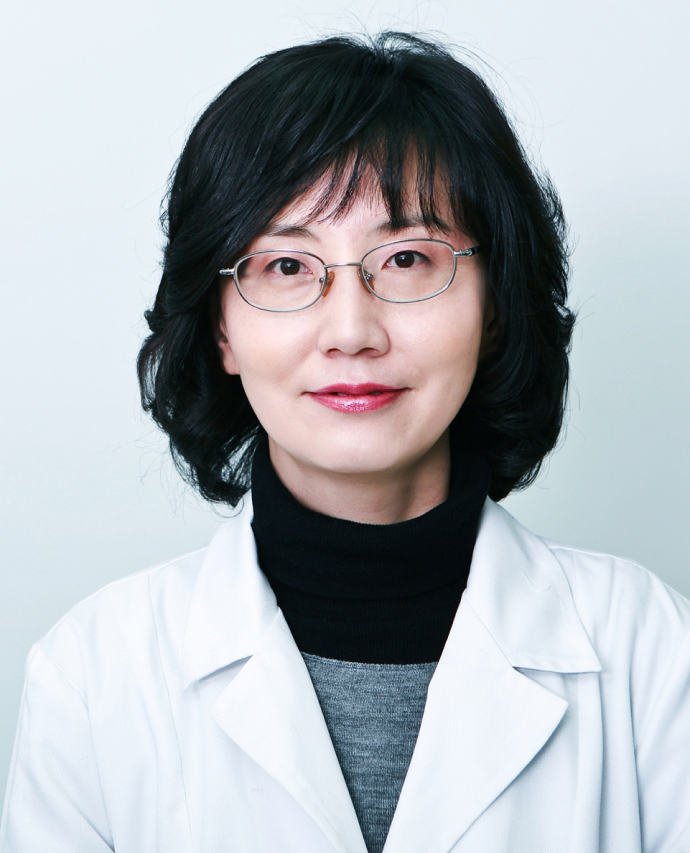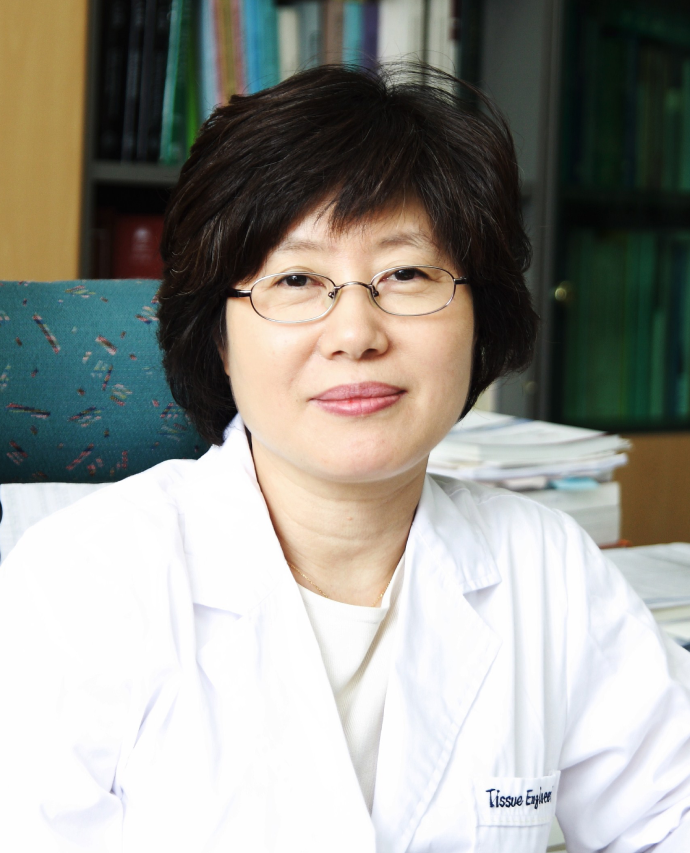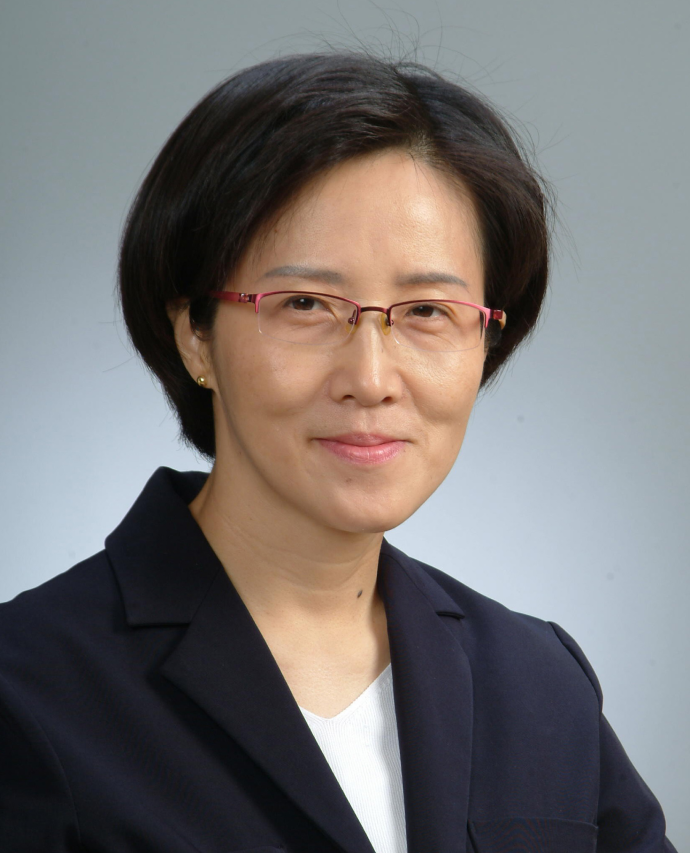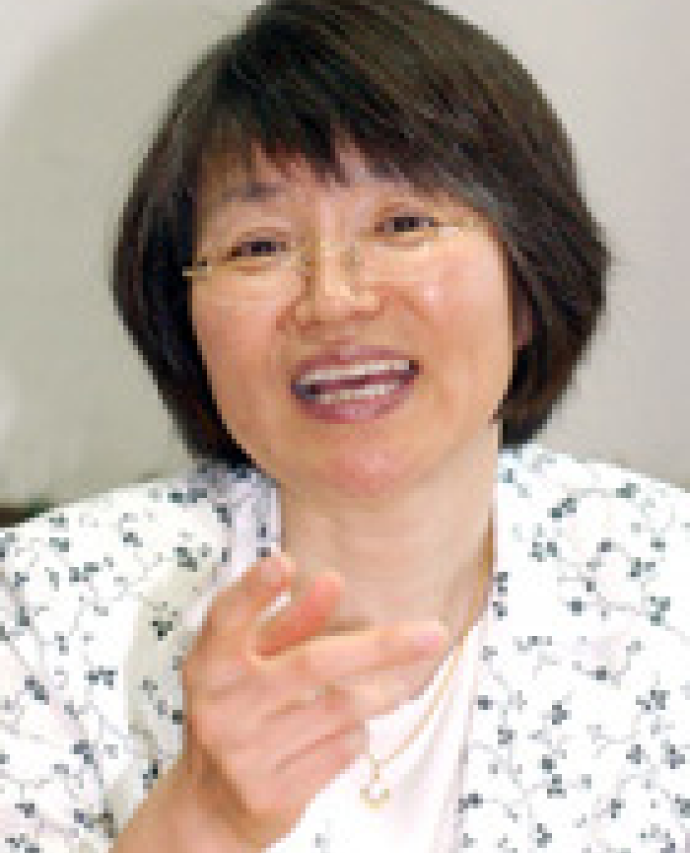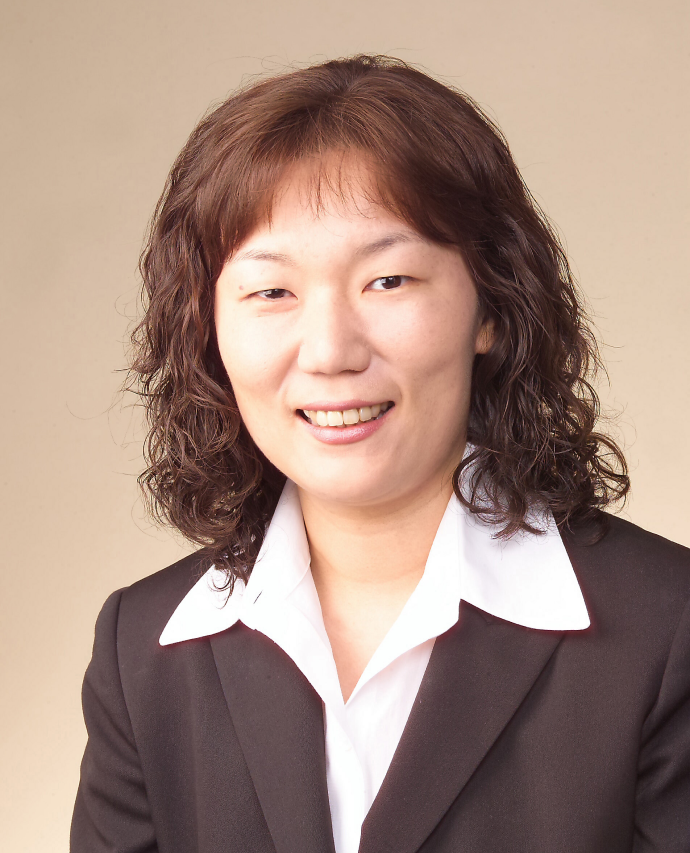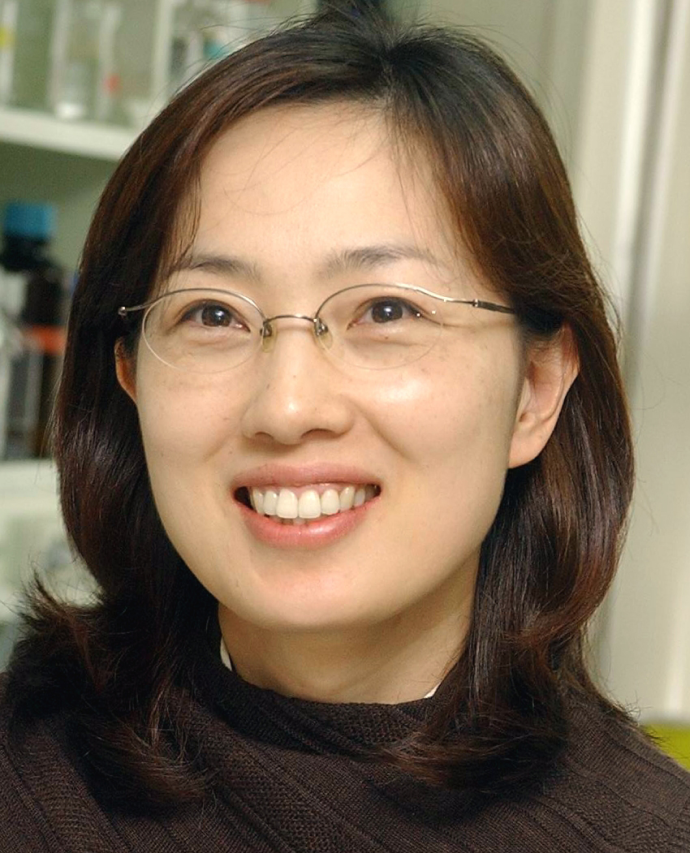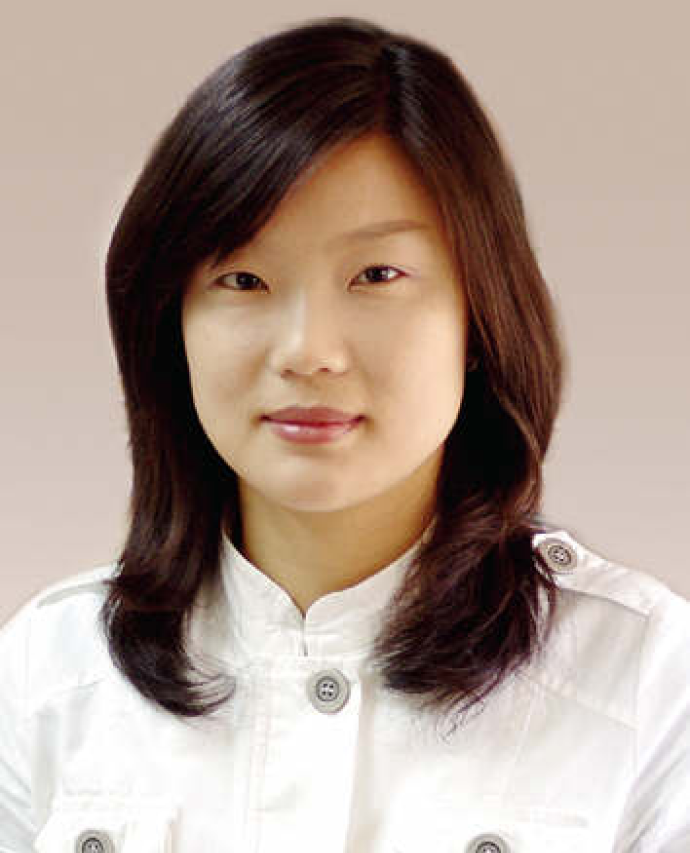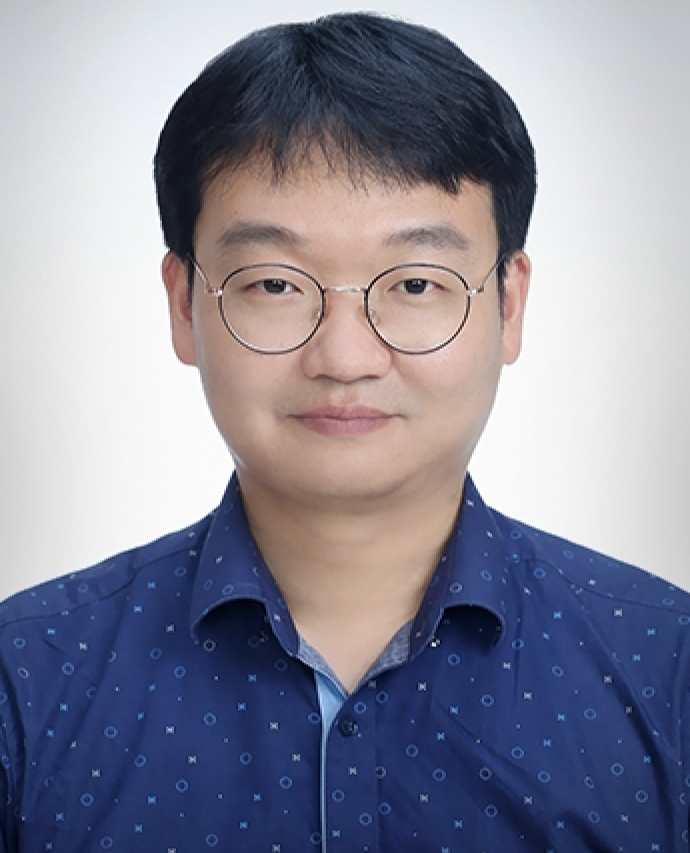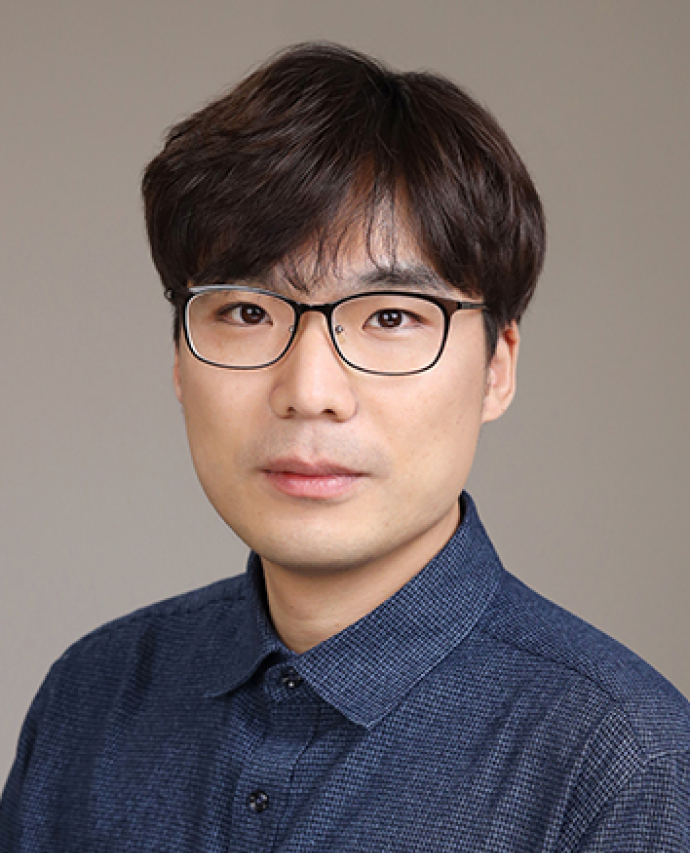Social Responsibility
We fulfill our social responsibility
for a better world
for a better world
Macrogen supports the future
of Korea
of Korea
In pursuit of our calling, we will continue to fulfill our social responsibility as a committed supporter for researchers in the field of biotechnology,
as well as play a pivotal role in strengthening national technological competitiveness
as well as play a pivotal role in strengthening national technological competitiveness
Macrogen Scientist Award
Biotechnology has joined IT as the new growth engine for the national economy.
In particular, biotechnology, as the applied science that develops new innovative technologies using living organisms, plays a vital role in developing innovations in medicine, agriculture, energy, and the environment and enables them to become high-value-added industries. Therefore, the future of our national economy lies in the hands of aspiring biotechnologists.
The Macrogen Scientist Award was established to encourage and support scientists in Korea who demonstrate excellence and promising accomplishments in the field of basic biotechnology.
In particular, biotechnology, as the applied science that develops new innovative technologies using living organisms, plays a vital role in developing innovations in medicine, agriculture, energy, and the environment and enables them to become high-value-added industries. Therefore, the future of our national economy lies in the hands of aspiring biotechnologists.
The Macrogen Scientist Award was established to encourage and support scientists in Korea who demonstrate excellence and promising accomplishments in the field of basic biotechnology.
Macrogen
Woman Scientist Award
Woman Scientist Award
The Macrogen Women Scientist Award recognizes the commitment and dedication of female scientists and supports their contribution in the field of biotechnology.
Women scientists in the biotechnology field of Korea have generated excellent research results through continuous research and development, thereby contributing to the advancement of science everywhere.
The government established the "Act on Fostering and Supporting Women Scientists and Technicians" in 2002, and it currently supports policies that foster women scientists in research or technical posts in natural sciences and engineering by setting the goals and direction of mid and long-term policies based on the Act.
Macrogen supports women scientists, who have a passion for academic excellence, attention to detail, and flexible leadership so that they can reach their full potential.
Women scientists in the biotechnology field of Korea have generated excellent research results through continuous research and development, thereby contributing to the advancement of science everywhere.
The government established the "Act on Fostering and Supporting Women Scientists and Technicians" in 2002, and it currently supports policies that foster women scientists in research or technical posts in natural sciences and engineering by setting the goals and direction of mid and long-term policies based on the Act.
Macrogen supports women scientists, who have a passion for academic excellence, attention to detail, and flexible leadership so that they can reach their full potential.
Macrogen Young Bioinformatician Award
The Macrogen Young Bioinformatician Award supports the outstanding young scientists in the field of bioinformatics
Established in 2019 to recognize outstanding early-career scientists who have made significant contributions to the field of bioinformatics, the award is hosted by the Korea Society for Bioinformatics (KSB) and sponsored by Macrogen. We continue to support young scientists with strong potential in the field of bioinformatics to strengthen the competitiveness of our nation's science and technology.
Established in 2019 to recognize outstanding early-career scientists who have made significant contributions to the field of bioinformatics, the award is hosted by the Korea Society for Bioinformatics (KSB) and sponsored by Macrogen. We continue to support young scientists with strong potential in the field of bioinformatics to strengthen the competitiveness of our nation's science and technology.
Sponsor of MDA Korea
MDA Korea is a non-profit private organization established in November 1999 for patients suffering from muscular dystrophy caused by genetic abnormalities.
Macrogen supports the activities of MDA Korea.
MDA Korea engages in various activities to find a cure for muscular dystrophy as well as activities to share information on muscular dystrophy,
including providing benefits for patients belonging to MDA Korea, regular offline gatherings, and consulting service for the diagnosis and care of patients
with muscular dystrophy.
We help researchers to study muscular dystrophy, and support their studies on rare diseases, and create opportunities to socialize and interact by organizing an annual spring outing with patients, executives, and employees of Macrogen and mini-concerts.
We help researchers to study muscular dystrophy, and support their studies on rare diseases, and create opportunities to socialize and interact by organizing an annual spring outing with patients, executives, and employees of Macrogen and mini-concerts.
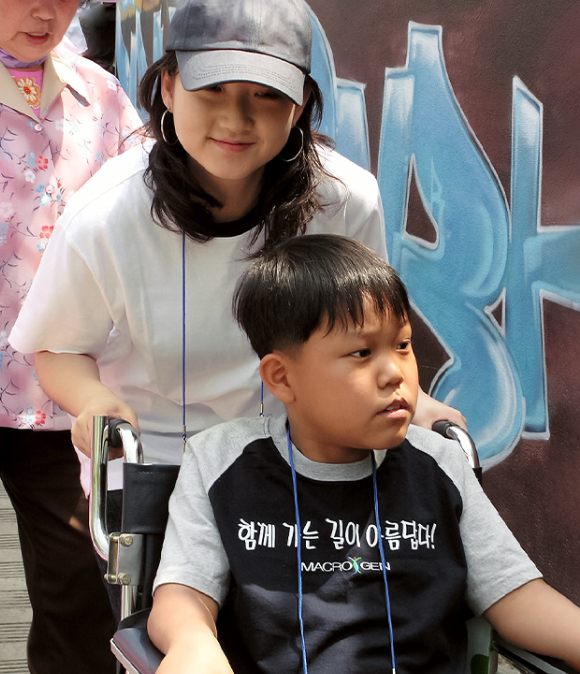
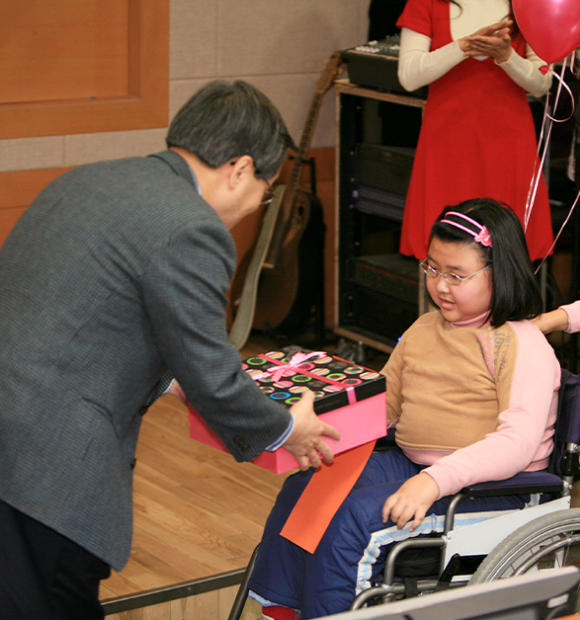
What Is Muscular Dystrophy?
Muscular dystrophy is a degenerative muscle disease that shows progressive degeneration of muscle strength.
This disease has the pathological characteristics of necrosis and regeneration of muscle fiber due to genetic factors.
A specific protein that is lost by mutation of genes such as the dystrophin gene, goes through muscle fiber necrosis and degeneration caused
by damage to muscle cell membranes, resulting in degeneration of muscle strength and muscle dystrophy. It occurs in 50 - 60% of the cases caused
by deletion of genes and the other 40 - 50% is known to be caused by mutation, microdeletion, and duplication of genes.
